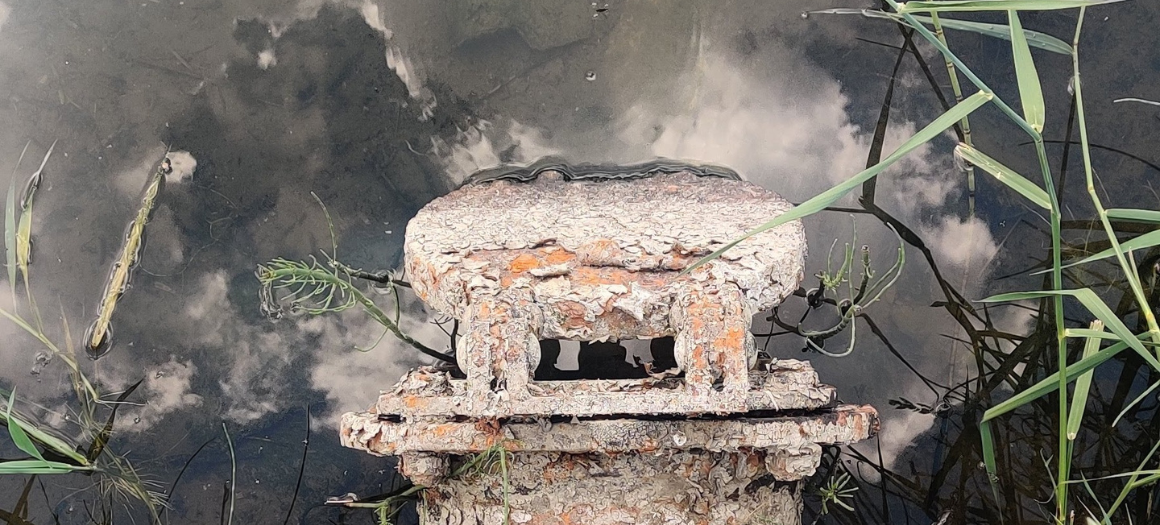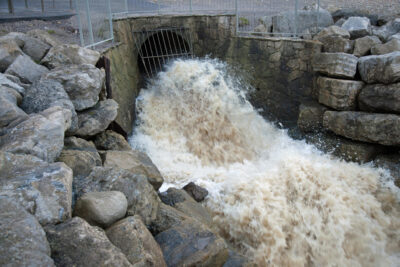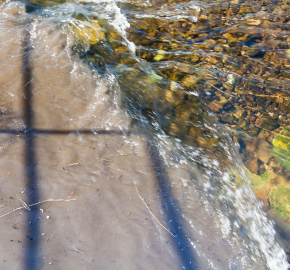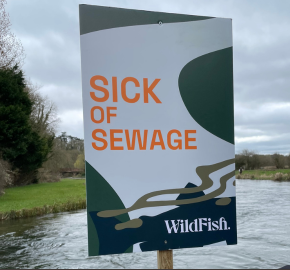Government says sewage plan does not deal with illegal discharges of sewage to English and Welsh rivers

In the judicial review challenge brought by WildFish this week, the government has said that the sewage plan does not deal with the illegal discharges of sewage to English and Welsh rivers and that costs of meeting the 1994 law on sewage overflows should not be paid for by customers.
The Government has said that its Storm Overflows Discharge Reduction Plan (the Plan) does not deal with existing breaches of the 1994 law. A law which is based on a 1991 European Directive that limited the use of sewage overflows to periods following exceptional rainfall.
If accepted by the Court this would appear to mean that much of the storm sewage pollution that is plaguing English and Welsh rivers must now be brought to an end under pre-existing statutory obligations. Not on the timetable set down by the Government in its Plan, which appeared to extend time for compliance, in some cases, to 2050.
If dealt with under pre-existing statutory obligations this would mean the costs of complying with the 1994 Regulations would not be paid for by extra increases to consumers’ water bills. They would be paid for by the companies themselves.
WildFish believes that this confirms that OFWAT now has no choice but to get on and enforce the Urban Wastewater Treatment (England and Wales) Regulations 1994.
The Water Industry Act 1991, itself amended by the 1994 Regulations, is crystal clear. OFWAT must enforce the law that only permits storm sewage to be discharged following exceptional rainfall.
Whatever is left for the Plan to deal with, after currently illegal discharges are dealt with, can be acted on much sooner than the drawn-out Plan targets.
“WildFish will ask OFWAT to ensure that it enforces existing breaches of the 1994 Regulations expeditiously and at no cost to customers.”
Nick Measham
Chief executive, WildFish
Nick continued: “we will also seek to ensure that these regulations are embedded in the water companies’ Drainage and Wastewater Management Plans which will set investment ambition for our sewers for the next 25 years”.
Guy Linley-Adams, Solicitor for WildFish, added: “what we have heard in the High Court means that the Government’s Plan itself is now seen to be exactly the ‘smoke and mirrors’ exercise that WildFish claimed it to be when it was first published. Failing, as it does, to deal with the long-standing, considerable and unenforced breaches of law that was supposed to end unacceptable sewage pollution of rivers, many years ago”.




It is disgusting that our rivers are either dried by excessive extraction of water (the chalk streams) or polluted by frequent sewage discharges that should never happen.
By many standards Britain seems to be a third, strike that, a nth rate country, where n is perhaps a mid-range double digit in any sphere of governance.